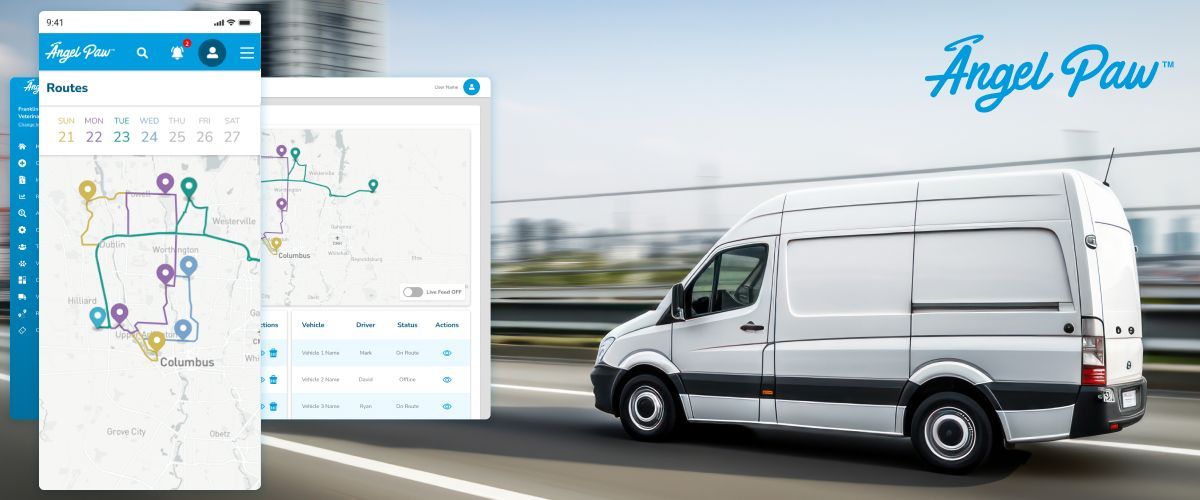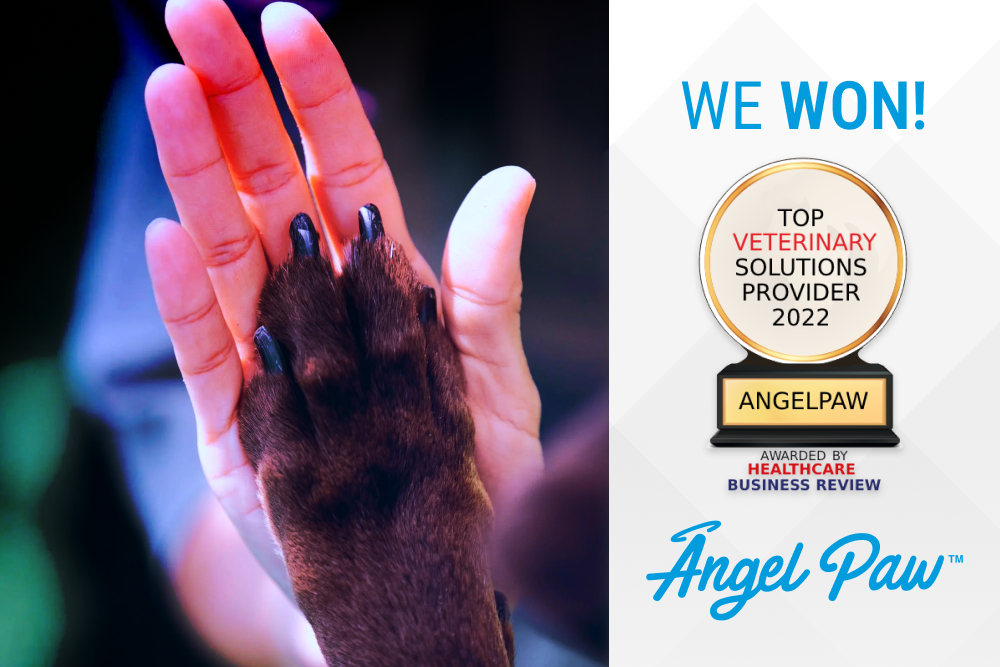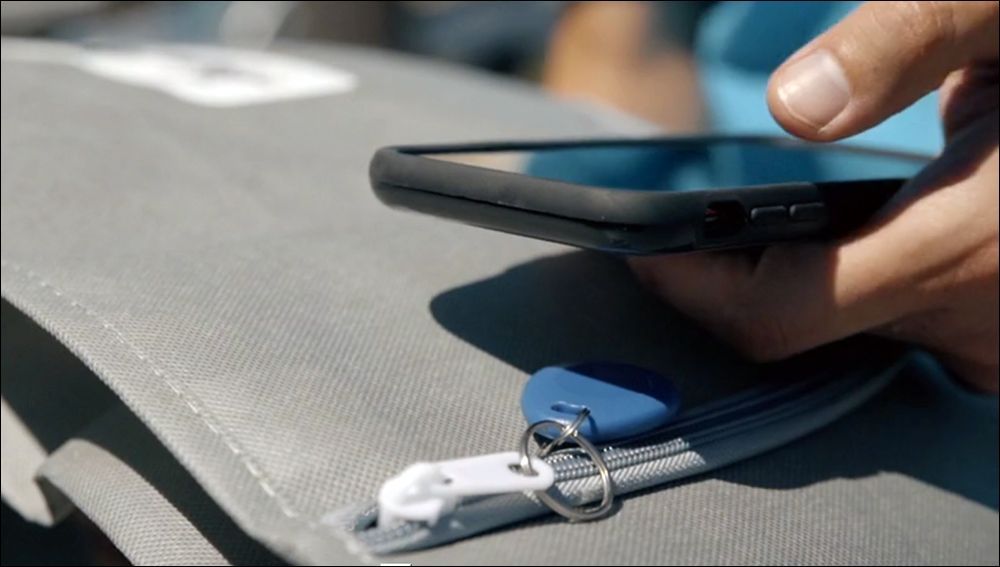AWARDS
WHAT WE DO?
Angelpaw is built to lead the next generation of pet end of life industry via innovative, data driven, open access technologies and AI to ensure reliability, security, compassion, and transparency to all within the ecosystem. Angelpaw has grown into the largest pet cremation & pet aquamation tracking company in the world. With over 10,000 vet partners and tracking over 100,000 pets per month!
HOW IT WORKS?

For Pet Parents
Pet parents have full visibility and peace of mind of their beloved pet’s final journey, via pet cremation tracking web portal and iOS/Android mobile apps/SMS/email to track their pet journey real-time, order details, grief support, social media celebration videos.

For Veterinarians
Vets no longer are required to print or write on paper tags. Data is scanned for tracking. Full reporting, analytics and BI tools for multi-locations. PIMS integrations, Direct messaging and video between Vets and Crematories and full transactional audit.

For Care Centers
Crematories automate data collection, chain of custody and full real-time pet tracking drastically reducing human effort and errors. Fleet management, dynamic routing, full invoicing direct or through QuickBooks or NetSuite.
Digitizing the entire pet aftercare lifecycle

Integration across the board
Full integrations to all major PIMS (Practice Information Management Systems)

Keeping tabs on the process
Crematorium real-time pet cremation tracking system

Bill and track in one location
Veterinarian pet tracking and billing portal

On the move
Deliver driver mobile App

Follow every step
Pet parents portal and text/email notification platform

Celebrate your beloved pets
Pet parents automated social media celebration video creator
LATEST NEWS

Angelpaw CEO featured on the cover of Healthcare Business Review
August 30, 2022
James Byler
Check out this recent interview with James Byler, CEO, Angelpaw speaks about Empowering Pet Crematoriums/Pet Aquamation, Veterinarians and Pet Parents.























